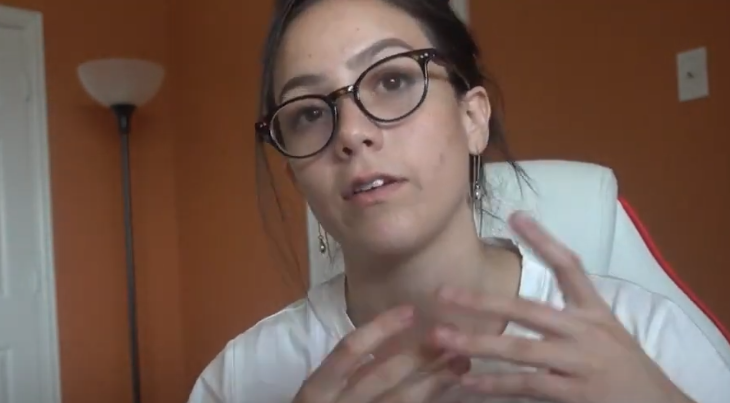How to Enforce Patent Rights Against Infringers
As an innovator and business person, it is essential that you protect the interests of your business from infringers. Having a patent for your product prevents the misuse of your idea, and keeps your business growing. However, it is not uncommon to find that other companies may take your idea and use it without your permission, for their benefit. Unfortunately, smaller companies may lose to big companies, and for this reason, enforcement of patents is a technical legal matter requiring the efforts of a legal team, such as Panda Patent.
- Negotiations.
You can start by negotiating with an infringer before taking up a lengthy and expensive legal process. Negotiation gives room for agreeing on certain license fees, which ensures that you are compensated for your patent and that the infringer can continue selling, or market the product in question. However, negotiations do not always work, and in that case, you should file a suit with an attorney.
- Federal Civil Suit
In case your patent has been violated, then you have to file a civil suit in a federal civil court. It is because patent infringement is a civil wrong, but not a crime. Remember that the case cannot be taken up by the U.S. Patent and Trademark Office because it only issues patents, but does not enforce legal action.
How is Patent Infringement Determined?
A patent is a legally given monopoly over an invention. When you have a patent, you have the right to exclude others from using, selling, importing your invention without your permission. A license is composed of claims that make your design different from others. As you file your suit, you should identify the type of infringement on your patent. There are two categories of patent infringements:
- Literal Infringement: This occurs where the elements recited in a claim have an identical correspondence to the infringing product.
- The doctrine of Equivalents: This rule applies to inventions that may not have literal designs. Plaintiffs can file a suit if the infringing device performs the same function, performs the same way, and obtains the same results. Consider asking for an injunction to stop the infringer from producing, marketing, selling your product and also prevent further losses. In other cases, the court may award damages, or work out an agreement between the two parties that ensures the infringing party pays the patent owner royalties, and continue using the invention.
The Defense
However, the defendant may try to dismiss the trial by proving the invalidity of the patent. It is done by showing that the Patent and Trademark Office made a mistake in giving a license in the first place. A panel of administrative patent judges conducts the trial and determines the validity of patent claims. They may attempt to prove that you engaged in fraud or withheld knowledge that would have affected the legality of the patent.
Fortunately, these proceedings are less costly than court proceedings, but the infringer cannot be charged for infringement since the PTO does not have the jurisdiction to hear infringement suits. As a security measure, consult Panda Patent and ensure that your patent is still valid. Keep in mind that the defense may use the validity of your license against you if it is expired.
According to the existing laws, even if you have an idea, but it remains undocumented, then you have no right to file the lawsuit. However, if you have documented the invention, but the application has not been processed, you have a right to protect your design. You can also treat the invention as a “trade secret” to keep it confidential and prevent “industrial spying.”
If your patent expires, then your invention falls within the public domain for anyone’s use. However, future designs that use the concept of the original design are not for public consumption. The designs may be an improvement of the original idea, but an improvement nonetheless.
Patents Abroad
The U.S. Patent will not protect you from foreign infringers. As an inventor, it is your responsibility to file for a patent in other countries, based on their laws. Some countries may require an application for the license before it is publicly disclosed. There are two significant documents inventors should read if they wish to apply for patents beyond the U.S.
The first is the Paris Convention for the Protection of Industrial Property, which provided that all the countries in the treaty deliver equal rights to patents and trademarks. The other is the Patent Cooperation Treaty that advocates for a standardized application format to facilitate the processing of patent applications in member countries. Thanks to the two treaties, inventors in the United States can minimize the number of patent infringements across individual countries.
Do You Need Help?
Filing a legal suit, or arranging for litigation measures requires the help of experienced patent attorneys. To avoid frustrating legal claims, consult with a qualified legal team that will guide you through the process. Panda Patent will provide you with all necessary legal information and help you file a qualifying suit. For more information and quality services, kindly visit us today.

